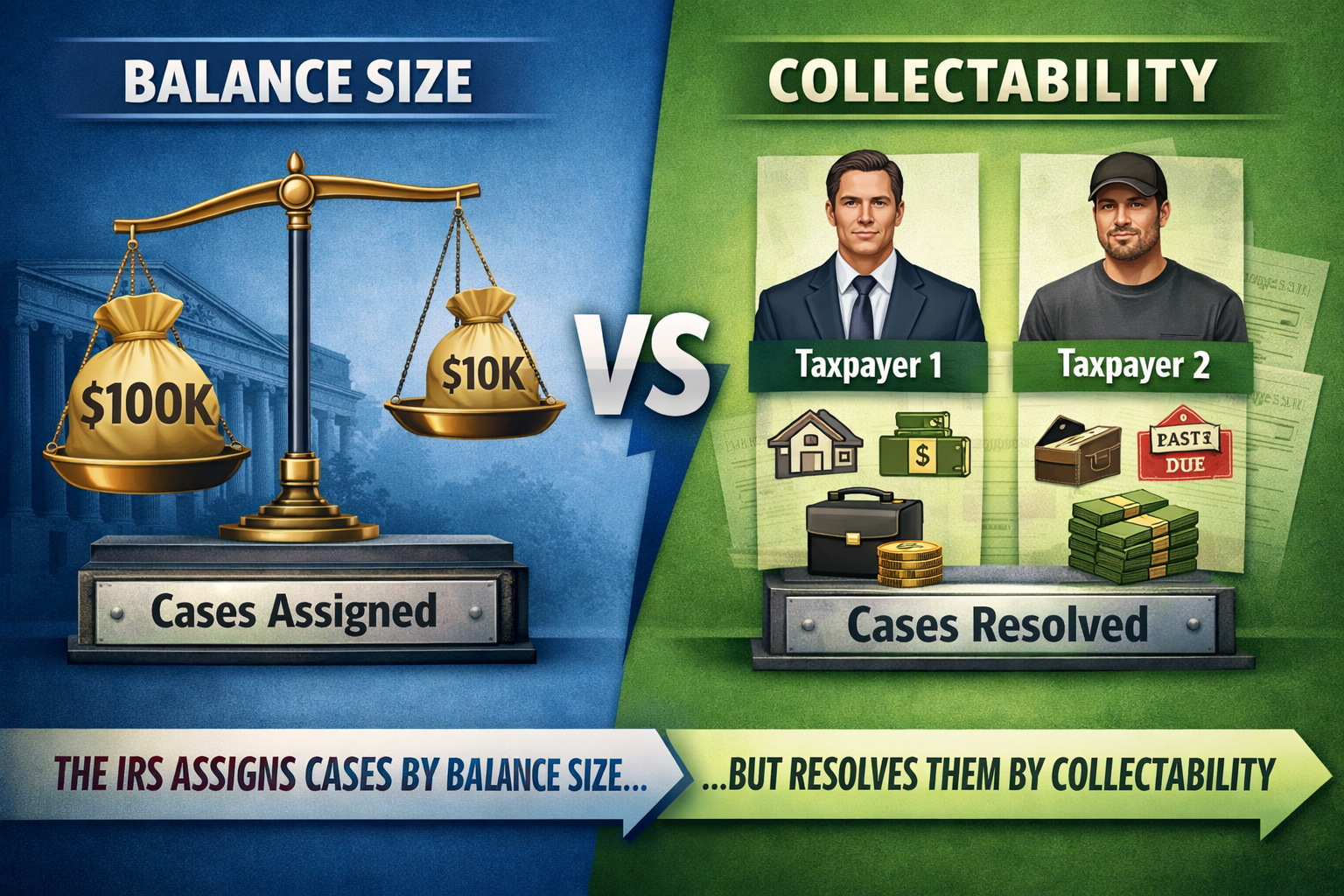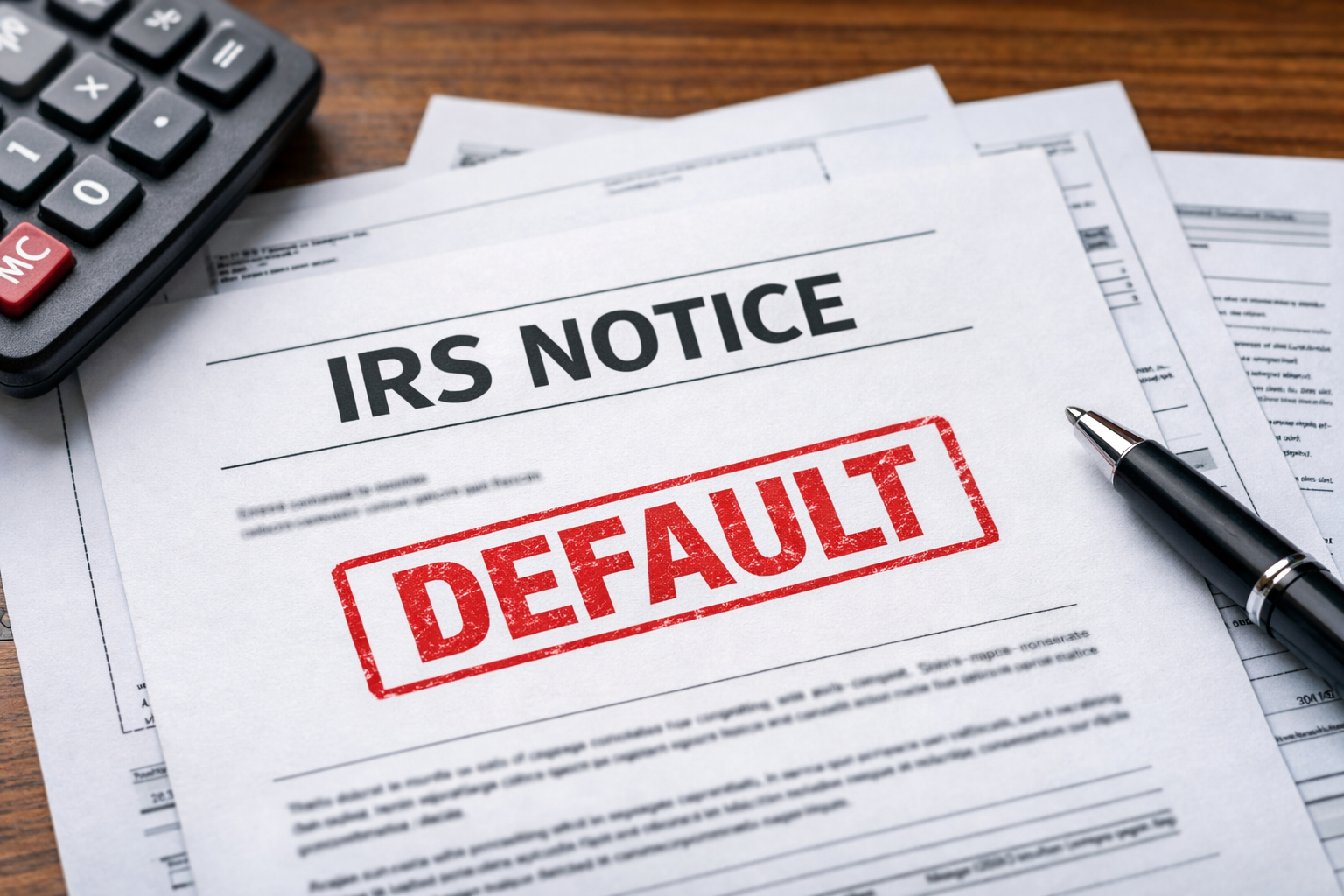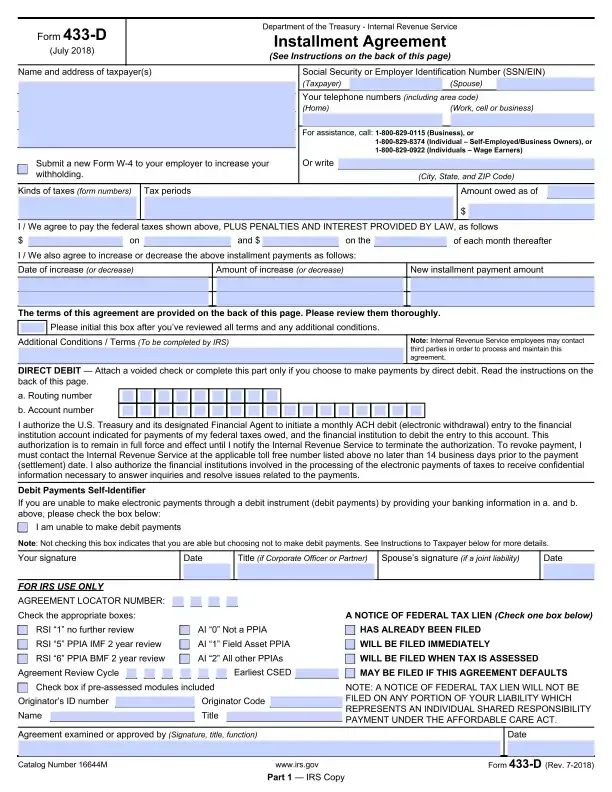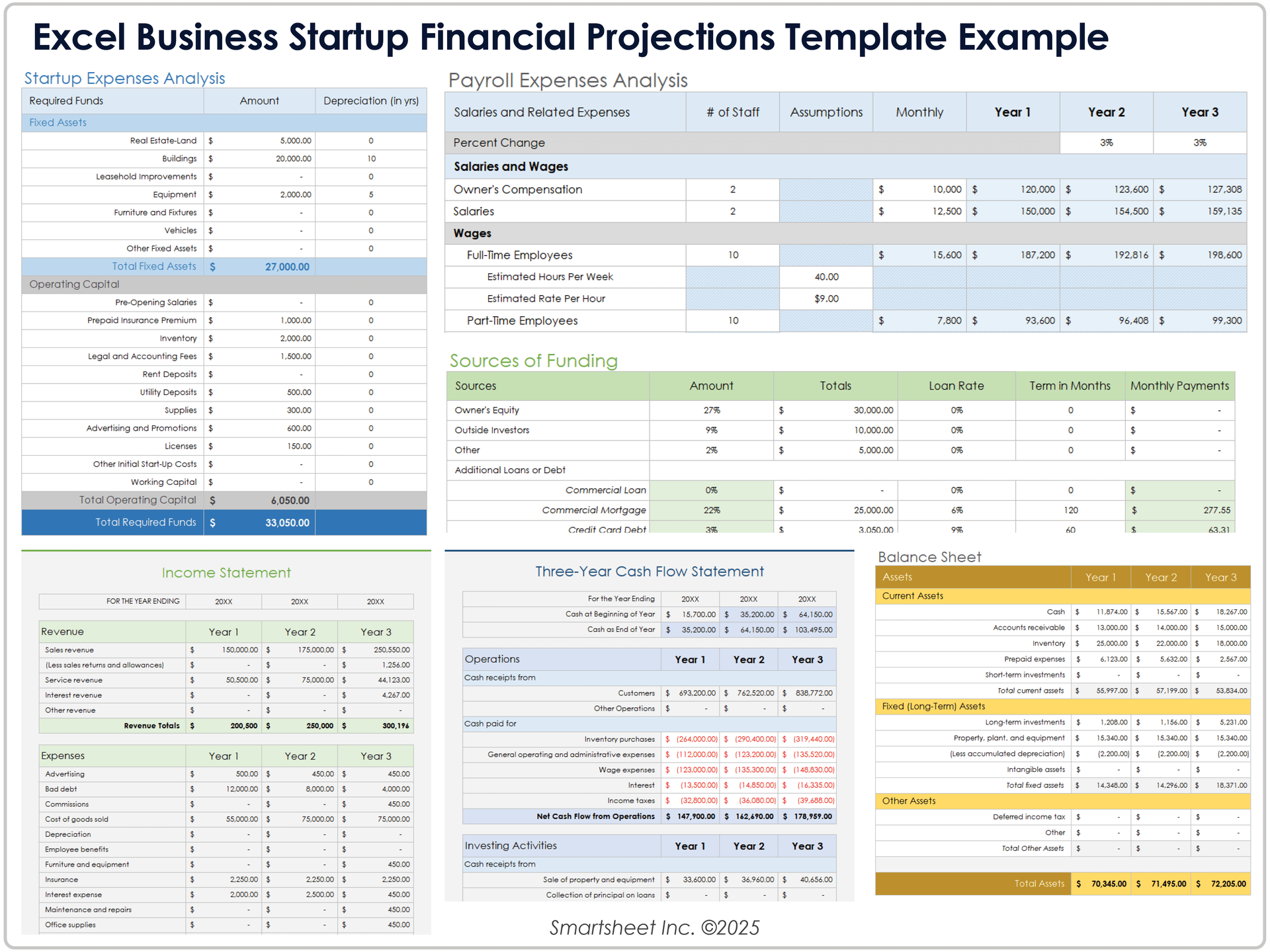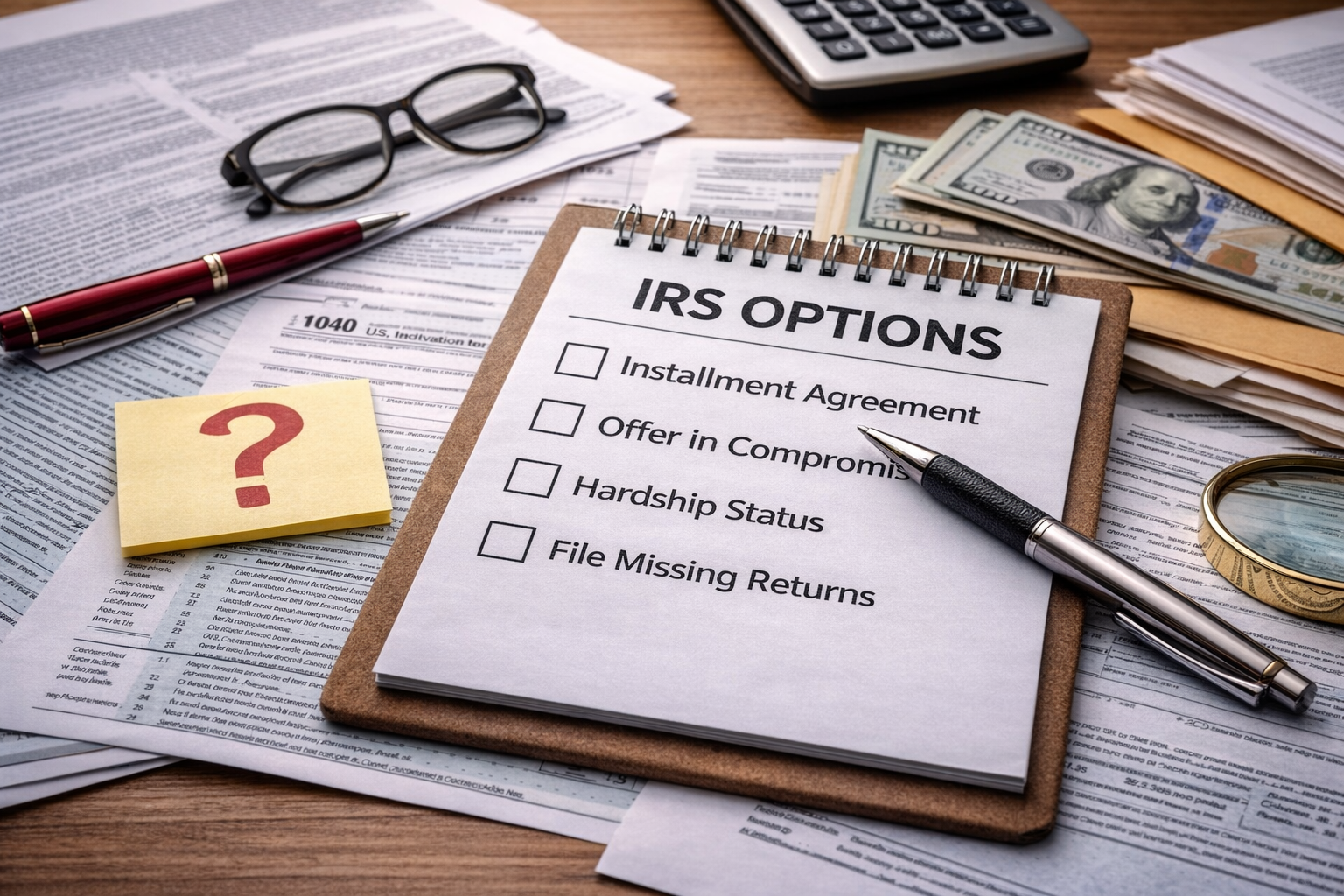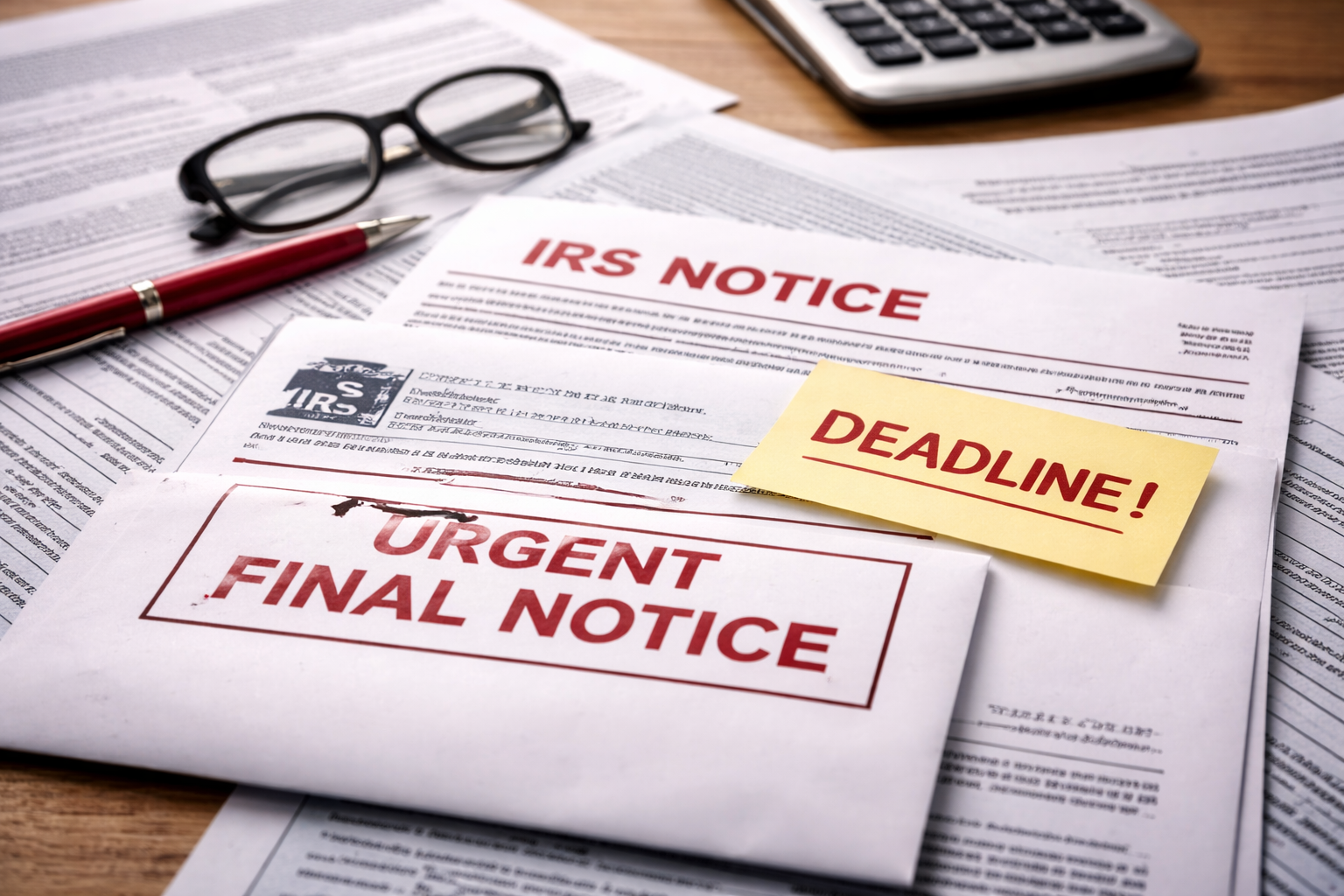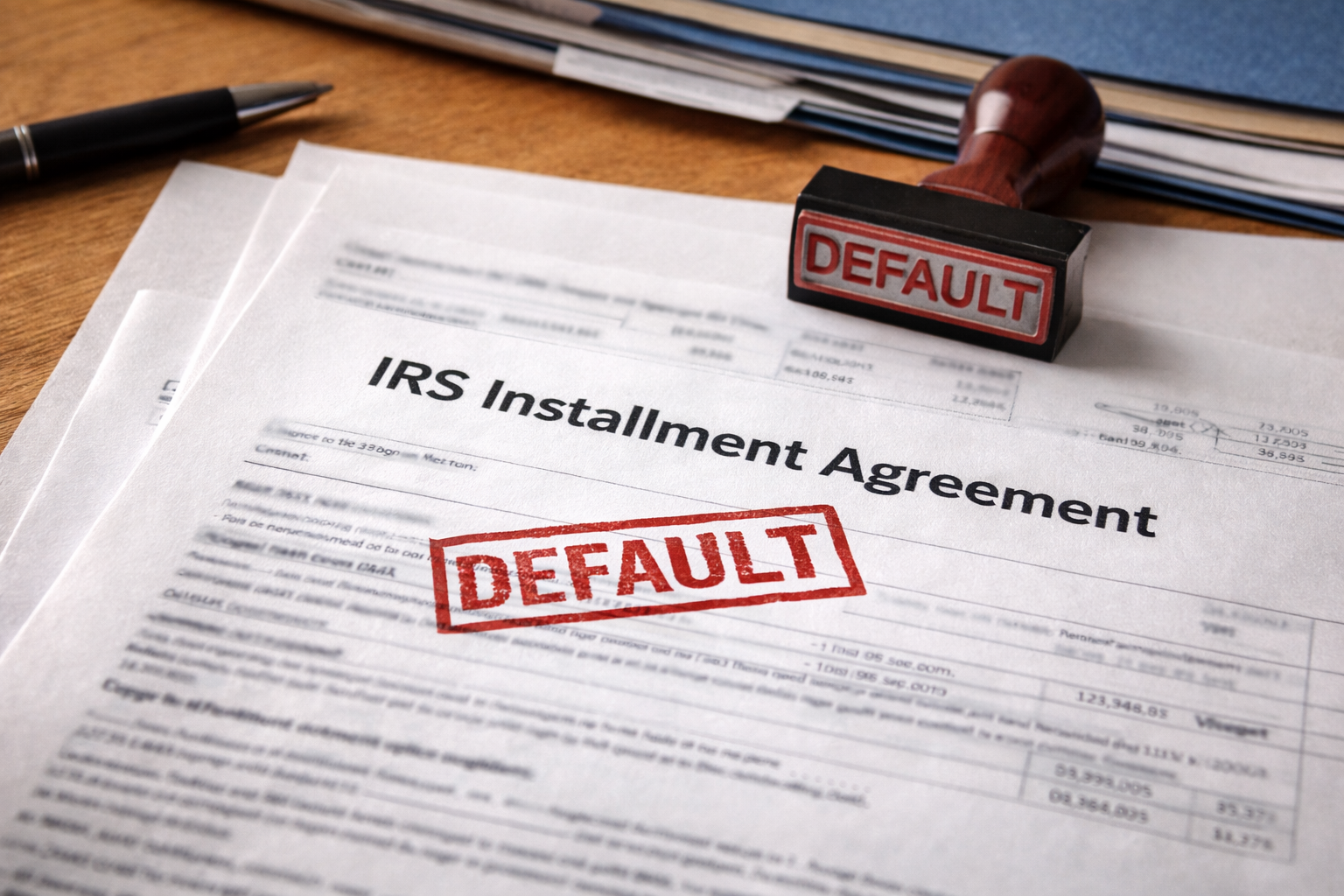Can’t Pay Your Tax Bill All at Once? An IRS Payment Plan Might Be the Answer

If you owe taxes to the IRS and can’t pay the full amount right now, you’re not alone—and you’re not out of options. The IRS offers Installment Agreements (also called payment plans) that let you pay your debt over time, in manageable monthly chunks.
Here’s what you need to know.
What Is an IRS Installment Agreement?
An installment agreement is a payment plan with the IRS that lets you resolve your back taxes over time instead of all at once. As long as you stay current with your payments and future tax obligations, the IRS will pause collection actions like levies and garnishments.
You’ll still owe penalties and interest, but monthly payments can make a big balance more manageable.
Types of Payment Plans
- Short-Term Payment Plan – For taxpayers who can pay their balance within 180 days. There’s no setup fee, and payments can be made via check, debit, or online transfer.
- Long-Term Payment Plan (Installment Agreement) – For balances that need more than 180 days to pay off. A setup fee may apply, depending on how you apply and whether you use direct debit.
Streamlined Installment Agreement
If you owe $50,000 or less in combined tax, penalties, and interest—and can pay it off within 72 months (or before the IRS collection statute expires)—you likely qualify for a streamlined installment agreement. No financial disclosure is required, and you can apply online or by phone.
Partial Payment Installment Agreement (PPIA)
Can’t afford to pay the full amount, even over time? You may qualify for a partial payment installment agreement if you can show that paying the full balance would cause economic hardship. This requires a detailed financial disclosure (Form 433-A or 433-F) and may result in the IRS accepting lower monthly payments—even if it means some of the debt goes unpaid before the collection statute expires.
What Happens After Approval?
Once approved, make payments on time and file future returns. Missing a payment or falling behind on new tax liabilities can lead to default, which puts you back in collections.
Bottom Line
An IRS payment plan doesn’t make your debt disappear, but it buys you time and protects you from more aggressive collection actions. Whether you can pay it off in full or need a reduced payment due to hardship, the IRS has options—and we’ll dig into each one in more detail in future posts.
